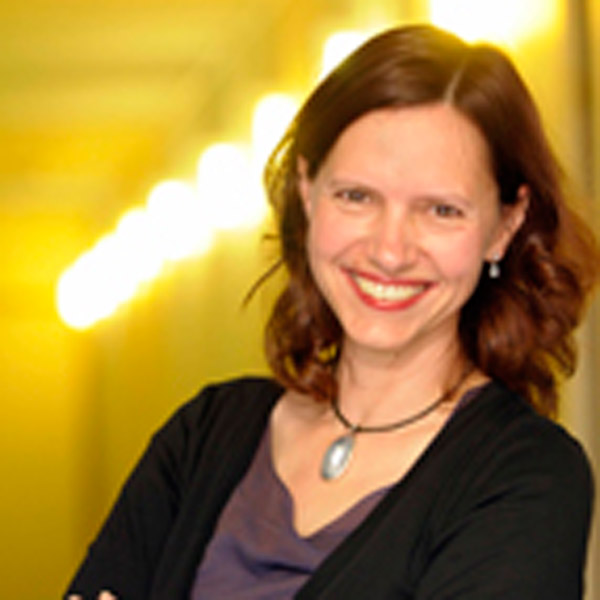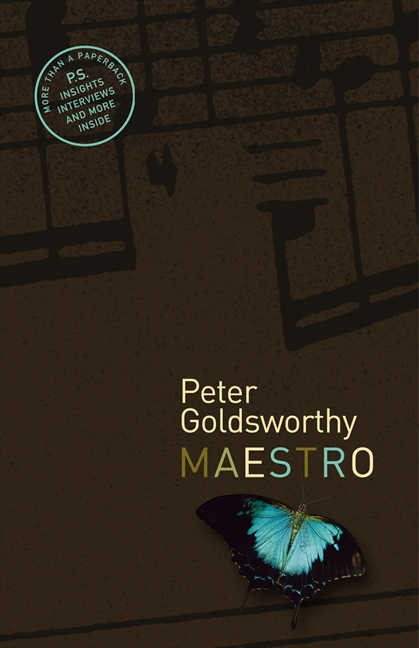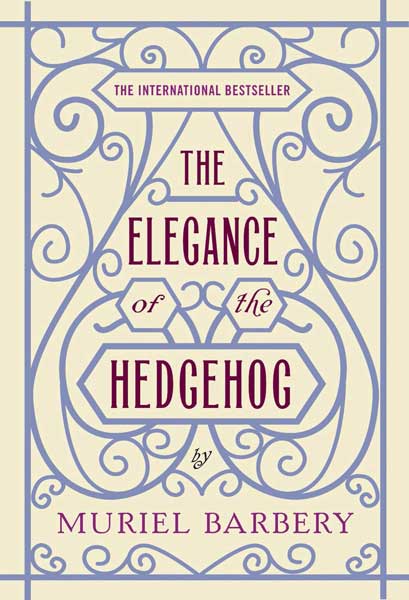Stephanie Trigg

About
Stephanie Trigg is a professor in English at the University of Melbourne. She has published widely and has written or edited several books on medieval and Australian literature. She also publishes a blog.
Stephanie holds an Honours Degree and a PhD in English from the Department of English at the University of Melbourne and a B.Litt. degree in Philosophy and Social Theory from Melbourne. She was awarded the University of Melbourne’s Woodward Medal for Research Excellence in the Humanities and Social Sciences in 2004, and the Faculty of Arts Award for Excellence in Teaching in 2003. In 2005, she was Visiting Hurst Professor in the Department of English and American Literature at Washington University in Saint Louis. In 2009 she is Visiting Research Fellow at the University of Pennsylvania, and Distinguished Lecturer, New York University. She was elected a Fellow of the Australian Academy of the Humanities in 2006, and in 2008 received the Patricia Grimshaw Award for Excellence in Mentoring, and an Award for Teaching Excellence in Arts and Humanities from the Australian Teaching and Learning Council.
Current projects include a cultural history of the Order of the Garter (funded by a Discovery Grant from the Australian Research Council); a collaborative project on Australian medievalism with Louise D’Arcens (University of Wollongong), Andrew Lynch (University of Western Australia) and John Ganim (University of California, Riverside), also funded by the ARC; and a book on the theory of medievalism, being jointly written with Thomas Prendergast (College of Wooster, Ohio).

